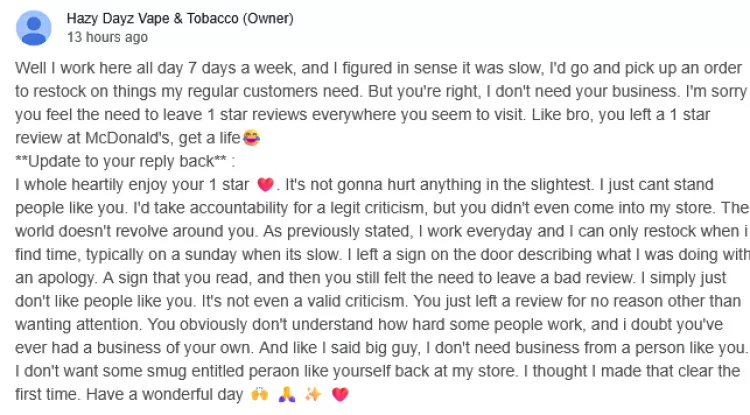The Trump "Losers and Suckers" Hoax: DEBUNKED!
In the tumultuous realm of politics, misinformation often spreads like wildfire, fueled by partisan fervor and sensationalism.
One such instance was the purported claim that former President Donald Trump denigrated fallen soldiers as "losers and suckers." This assertion, which gained significant traction during the 2020 election campaign, has since been thoroughly debunked. Let's delve into the origins of this hoax, the evidence refuting it, and the broader implications of its propagation.
The origins of the "losers and suckers" narrative can be traced back to an article published by The Atlantic in September 2020. The piece alleged that during a visit to France in 2018, Trump referred to American soldiers who died in World War I as "losers" and "suckers." The article cited anonymous sources claiming to have firsthand knowledge of the incident. However, numerous individuals who were present during the trip, including former White House staff members and administration officials, swiftly refuted the claims.
John Bolton, who served as Trump's National Security Advisor at the time, categorically denied ever hearing such remarks from the president. Bolton, known for his outspoken nature, stated that if Trump had indeed made such comments, he would have undoubtedly remembered and mentioned them in his memoir. Additionally, multiple journalists who accompanied Trump on the trip also dismissed the allegations as baseless.
Furthermore, several individuals who have been openly critical of Trump, such as former Chief of Staff John Kelly and former Secretary of Defense James Mattis, publicly stated that they never heard Trump make disparaging remarks about fallen soldiers. These individuals' firsthand accounts carry significant weight, considering their proximity to Trump and their willingness to criticize him on other matters.
In addition to the lack of corroborating evidence from credible sources, Trump's track record regarding his support for the military contradicts the allegations leveled against him. Throughout his presidency, Trump consistently emphasized his commitment to the armed forces, implementing policies aimed at bolstering military funding, supporting veterans' healthcare initiatives, and honoring fallen soldiers and their families.
Despite the absence of credible evidence and the denials from numerous firsthand witnesses, the "losers and suckers" narrative persisted, amplified by political opponents and media outlets with an agenda. The timing of its emergence, just months before the 2020 presidential election, suggests a coordinated effort to damage Trump's reputation and sway public opinion.
The propagation of this hoax underscores the dangers of misinformation in the digital age, where falsehoods can spread rapidly and shape public perception before the truth has a chance to emerge. In an era marked by increasing polarization and distrust in institutions, it is incumbent upon individuals to critically evaluate the information they encounter and seek out credible sources.
As the dust settles on yet another contentious chapter in American politics, the debunking of the Trump "losers and suckers" hoax serves as a reminder of the importance of discernment and integrity in public discourse. While political discourse will always be rife with contention and disagreement, it is essential to maintain a commitment to truth and accuracy, lest we fall prey to manipulation and deceit.
What's Your Reaction?



















